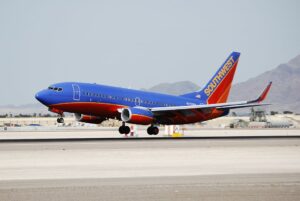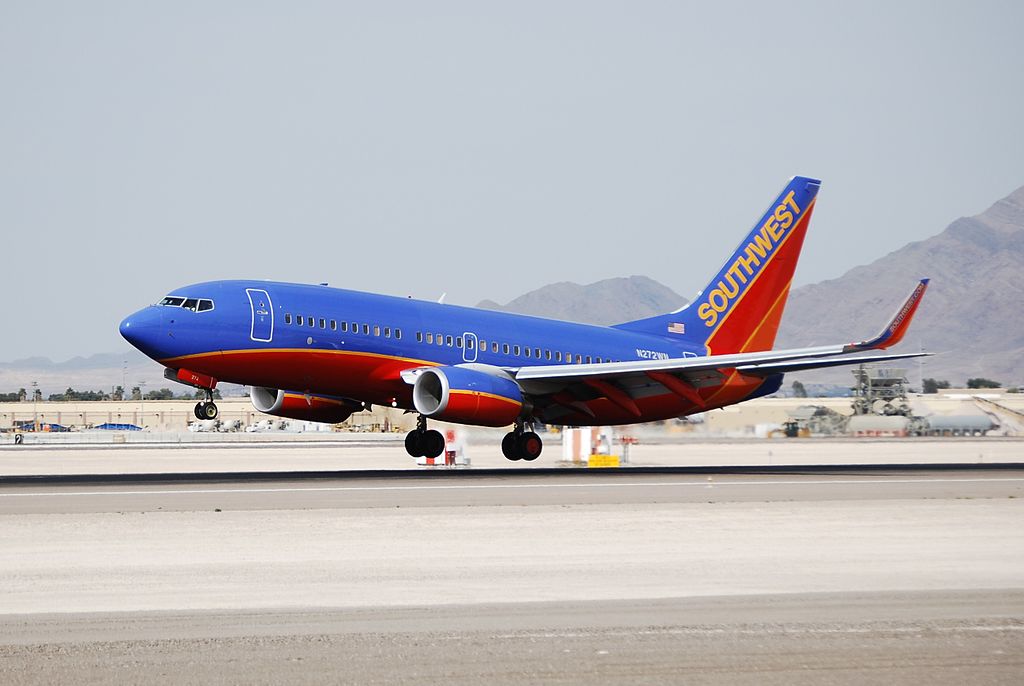Are Pilots Losing Their Basic Flying Skills?

Concerns about an over-dependence on automation in the cockpit are nothing new, but as the investigation into recent crashes involving Boeing 737 Max aircraft increasingly focuses on how crews reacted when faced with a possible malfunction of automated stall-prevention systems, regulators and aviation experts are asking if pilots are still captains of their own airships.
In public comments, federal regulators, airline executives and Boeing officials are slowly shifting the blame for recent air disasters involving Boeing 737 Max aircraft away from possible mechanical or software issues and are instead suggesting that aircrews’ over-reliance on technology may be the actual crisis. Increasingly, aviation experts have been suggesting that a dependence on automated systems may have contributed to a number of recent air disasters, including the crash of Asiana Flight 214 at San Francisco International Airport (SFO) in 2013 and the dual tragedies of Lion Air Flight 610 and Ethiopian Airlines Flight 302 (both involving Boeing 737 Max aircraft lost just after takeoff).
In May, the Washington Post reported that even FAA acting Administrator Daniel Elwell has indicated that flight data recorders showed potentially serious pilot errors in response to the emergencies aboard both the Lion Air and Ethiopian Airlines flights. He made his comments while testifying before lawmakers on May 15. Elwell also used the opportunity to defend his agency’s process for initially certifying the Boeing 737 MAX airworthy.
While it might be easy to dismiss Elwell’s assessment as a convenient way to help absolve Boeing and FAA of any responsibility, his views have been echoed by experts across the aviation industry. Elway was by no means the first to raise the issue in regard to the issues surrounding the Boeing 737 Max.
“We’ve been talking about this in the industry for years,” Embry-Riddle Aeronautical University associate professor Les Westbrooks told USA Today following the crash of Ethiopian Airlines flight in March. “Pilots are losing their basic flying skills, and there’s an over-reliance on automation.”
At least one airline executive expressed the belief that the Boeing 737 MAX grounding was an overreaction to accidents that involved poorly trained crews who were too reliant on technology that was designed to be a tool rather than a crutch. Although American Airlines CEO Doug Parker stopped short of blaming the airlines involved, he certainly indicated that a culture of professional responsibility might have gone a long way in preventing the tragedies.
“That aircraft is airworthy, and was even after the Ethiopian accident,” Parker told American Airlines employees earlier this month. “We have pilots who take the time to care first and foremost about safety and make certain they know everything the airplane that they’re in charge of that they know what it does and doesn’t do, they have great confidence in the other person in the cockpit with them that they’ve been through the exact same..training.. our pilots, our training, our aircraft, that aircraft was airworthy even with the prior software.”
The idea that automation is usurping pilot autonomy is not a new concept. In response to the July 2013 crash of Asiana Flight 214, Air Transport World published an editorial position titled “How To End Automation Dependency.” In hindsight, the publication’s warning about a trend towards trusting machine over man seems eerily prophetic in light of recent headlines.
“This addiction to automation is particularly troubling because of the rapid growth of the international airline industry in the last two decades, notably in Asia and the Middle East,” the ATW editorial board cautioned. “Many nations, including South Korea, do not have robust general aviation, light air freight and commuter airline sectors where pilots can amass hundreds of hand-flown takeoffs and departures, arrivals and landings before graduating to the cockpit of an Airbus or a Boeing airplane carrying scores of passengers. In the wake of the Asiana crash, Tom Brown, a retired United Airlines 747-400 standards captain and former instructor of Asiana pilots, said in an email to friends that while he worked in South Korea, he ‘was shocked and surprised by the lack of basic piloting skills.’ Requiring pilots ‘to shoot a visual approach struck fear into their hearts.’”
[Featured Image: Shutterstock]
























maybe airlines and aircraft builders should start treating pilots better than a valet car parker.